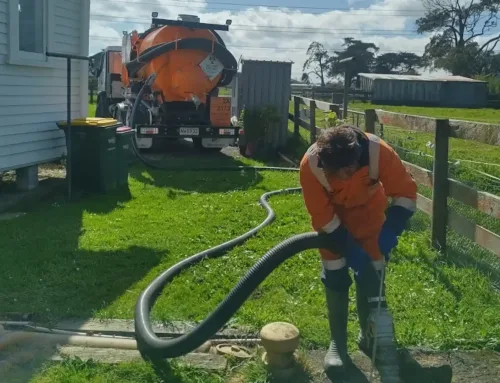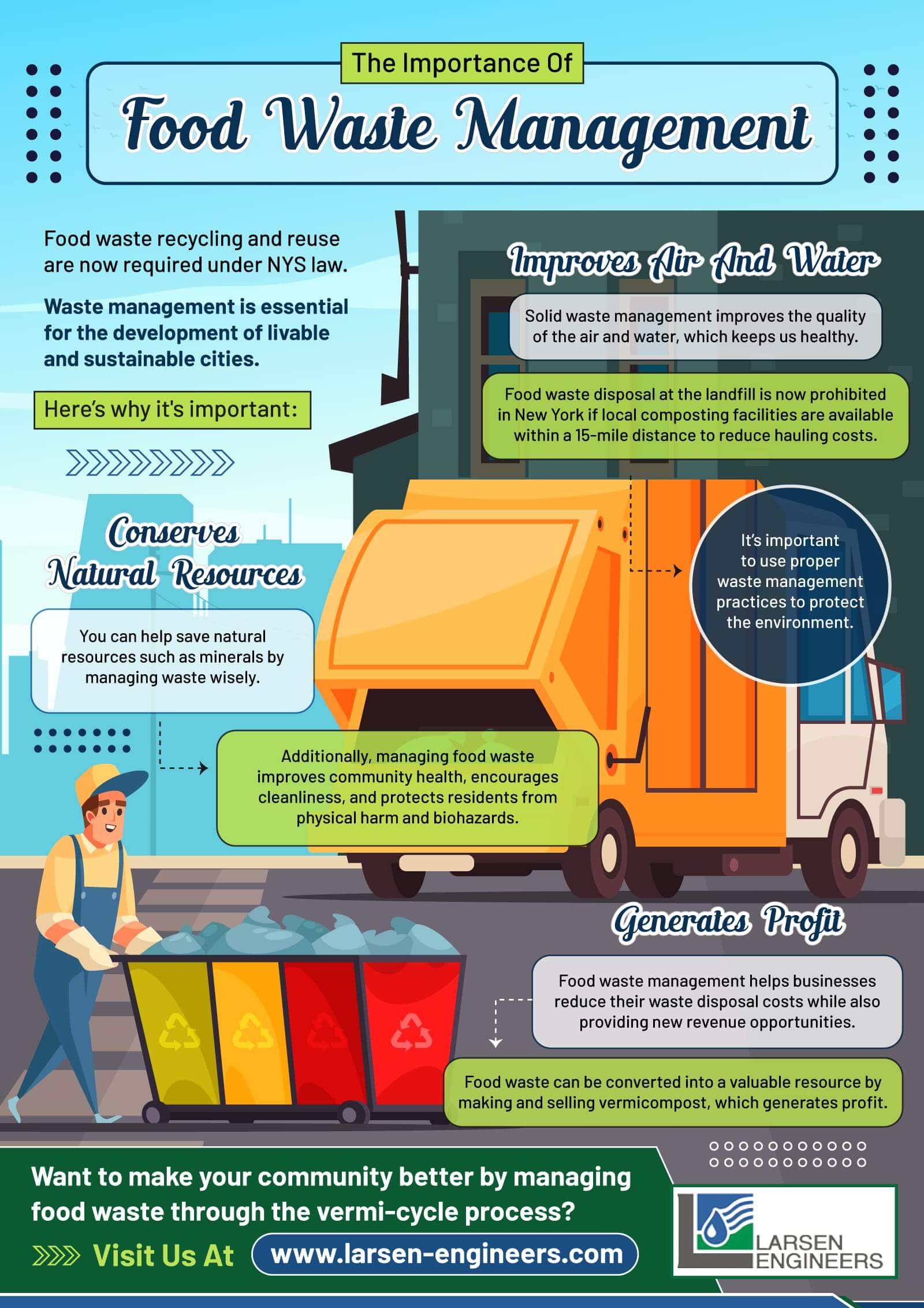Unknown Facts About Reclaim Waste
Unknown Facts About Reclaim Waste
Blog Article
Little Known Facts About Reclaim Waste.
Table of ContentsUnknown Facts About Reclaim WasteNot known Incorrect Statements About Reclaim Waste Indicators on Reclaim Waste You Should KnowRumored Buzz on Reclaim WasteThe Facts About Reclaim Waste Uncovered
Domestic sewer waste refers to the waste and items from a property septic container. The correct administration and disposal of domestic sewage waste call for fluid waste to be moved to a sewage therapy plant where the correct techniques and tools are used to detoxify and dispose of waste.
Business waste typically includes possible hazards, such as flammable products or a blend of liquid and solid waste items, and requires an advanced and in-depth disposal procedure. The disposal of business waste usually entails the filtration of waste before transportation to ensure risk-free and proper disposal. Hazardous waste is created from results and drainage of industrial procedures and manufacturing.
This kind of waste can not utilize the exact same sewer management transport or procedures as septic or business liquids. The hazardous waste monitoring process calls for the assessment and screening of liquid waste before it undertakes the disposal procedure (liquid waste removal). Overflow waste is the liquid waste that comes from runoff and excess stormwater in extremely populated locations or cities
Overflow waste can trigger contamination and flooding otherwise dealt with properly. Discover more about sewage system cleaning and waste administration. Ensuring proper waste administration can protect against calamities and decrease ecological damage. Both individuals in property setups and specialists in industrial or manufacturing sectors can benefit from understanding the procedures and policies of liquid waste management.
Reclaim Waste Fundamentals Explained
Contact PROS Solutions today to learn more about our waste administration and disposal solutions and the correct ways to take care of the liquid waste you generate.
(https://www.awwwards.com/reclaimwaste1/)This so-called 'wastewater' is not only an essential resource however, after treatment, will certainly be released to our land, rivers or the sea. Utilized water from bathrooms, showers, baths, kitchen area sinks, washings and industrial procedures is understood as wastewater.

water utilized to cool equipment or tidy plant and tools). Stormwater, a type of wastewater, is drainage that streams from agricultural and metropolitan locations such as roofing systems, parks, yards, roads, paths and gutters into stormwater drains pipes, after rainfall. Stormwater flows untreated directly to regional creeks or rivers, at some point getting to the ocean.
The Best Strategy To Use For Reclaim Waste
In Queensland, a lot of wastewater is dealt with at sewer therapy plants. Wastewater is transferred from domestic or industrial sites with a system of drains and pump stations, understood as sewage reticulation, to a sewage treatment plant. Neighborhood governments develop, keep and run most sewer therapy plants. Operators are accredited under the Environmental Management Act 1994 to discharge cured wastewater at an acceptable environmental requirement into rivers.
The Department of Natural Resources encourages regional governments concerning managing, operating and maintaining sewage systems and treatment plants. In unsewered areas, local federal governments might call for homeowners to install individual or family sewer therapy systems to deal with residential wastewater from bathrooms, kitchen areas, shower rooms and washings. The Department of Natural Resources authorizes making use of household systems when they are verified to be effective.
In some brand-new neighborhoods, therapy of some stormwater to eliminate clutter, sand and gravel has begun using gross contaminant catches. Wastewater treatment happens in four stages: Eliminates strong issue.
Utilizes little living organisms knows as micro-organisms to damage down and get rid of remaining dissolved my review here wastes and great bits. Micro-organisms and wastes are incorporated in the sludge.
Not known Details About Reclaim Waste
Nutrient elimination is not offered at all sewage treatment plants because it requires pricey specialized devices. Clear liquid effluent created after treatment might still have disease-causing micro-organisms - liquid waste removal.

This typically suggests wastewater has to be dealt with or pollutants removed before it can be released to waterways. The majority of wastewater moves right into the sewage system. Under the Act, regional federal governments provide approvals and permits for ecologically pertinent activities (ERAs) involving wastewater launches that may have a local effect. The department carries out approvals and permits to Ages involving wastewater launches that might have a regional or statewide influence.
The Only Guide to Reclaim Waste
Or else, examples are considered lab analysis. Commonly many tests are required to develop the degrees of each of the different contaminants such as oils, heavy metals and chemicals in water. Monitoring supplies valid information about water top quality and can confirm that licence conditions are being met. The information obtained via monitoring offers the basis for making water quality choices.
Report this page